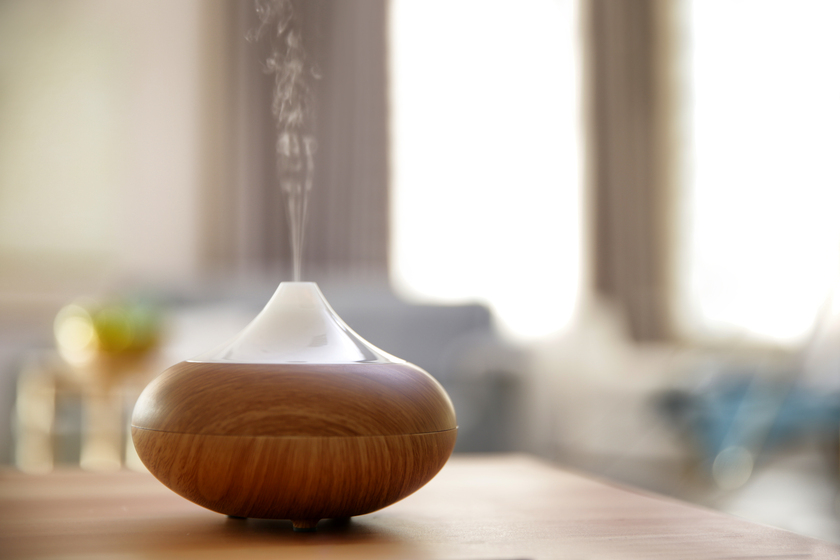The transition into the golden years of life can bring about many changes and challenges. However, with age comes wisdom and an increasing need for practices that contribute to a healthy and fulfilling retirement lifestyle. One such practice is aromatherapy, an age-old holistic healing treatment that can provide immense benefits for older adults. Aromatherapy for elderly individuals, though often underestimated, holds a significant potential for improving physical and emotional health, thereby positively influencing their overall quality of life.
Understanding Aromatherapy
Aromatherapy is the use of aromatic essential oils derived from various plants to promote physical and psychological well-being. The practice traces its roots back to ancient civilizations like Egypt and China and has since evolved, encompassing a broad spectrum of applications today.
In the context of senior care, aromatherapy can serve as an efficient, natural, and safe way to manage various health issues or just to uplift mood and promote relaxation. Essential oils are generally diffused into the air or applied topically after being diluted, targeting a range of problems from anxiety and depression to pain and sleep disorders.
Aromatherapy and Cognitive Function
One of the most profound benefits of aromatherapy in the elderly is its potential impact on cognitive function. Research has shown that certain essential oils, such as rosemary and peppermint, can stimulate mental activity and improve concentration. Moreover, lemon balm and lavender oils are commonly used to manage symptoms of Alzheimer’s disease and dementia, such as agitation and memory loss. These oils can offer a calming effect and potentially slow cognitive decline when used regularly, thereby enhancing overall mental well-being in the elderly.
Pain Management and Physical Health
With advancing age, it is not uncommon for individuals to experience various kinds of pain, whether due to arthritis, neuropathy, or other age-related health conditions. Aromatherapy offers a natural and non-addictive way to manage pain. For instance, lavender, chamomile, and eucalyptus oils are renowned for their pain-relieving properties. They can be applied topically after dilution to ease joint pain, reduce inflammation, and improve mobility.
Aromatherapy can also support respiratory health. Eucalyptus oil, in particular, is known to assist with congestion and respiratory infections, making it beneficial for older adults prone to such conditions.
Aromatherapy and Emotional Well-being
Beyond physical health benefits, aromatherapy can play a significant role in promoting emotional well-being. The olfactory system (sense of smell) is closely tied to the emotional center of our brain, which is why certain scents can evoke strong emotions or memories. For the elderly, especially those living alone or in retirement communities, essential oils like lavender and ylang-ylang can provide comfort and reduce feelings of loneliness or anxiety. They serve as natural mood lifters, promoting relaxation and a sense of calm.
The Safe Use of Aromatherapy
While aromatherapy can offer numerous benefits for the elderly, it is crucial to ensure its safe and appropriate use. Essential oils are potent, and when not used correctly, they could potentially cause skin irritations or allergic reactions. It is advisable for older adults, or their caregivers, to consult with a healthcare professional before incorporating aromatherapy into their routine. Also, it’s essential to choose high-quality oils from reputable sources and follow the instructions for use, including proper dilution rates.








